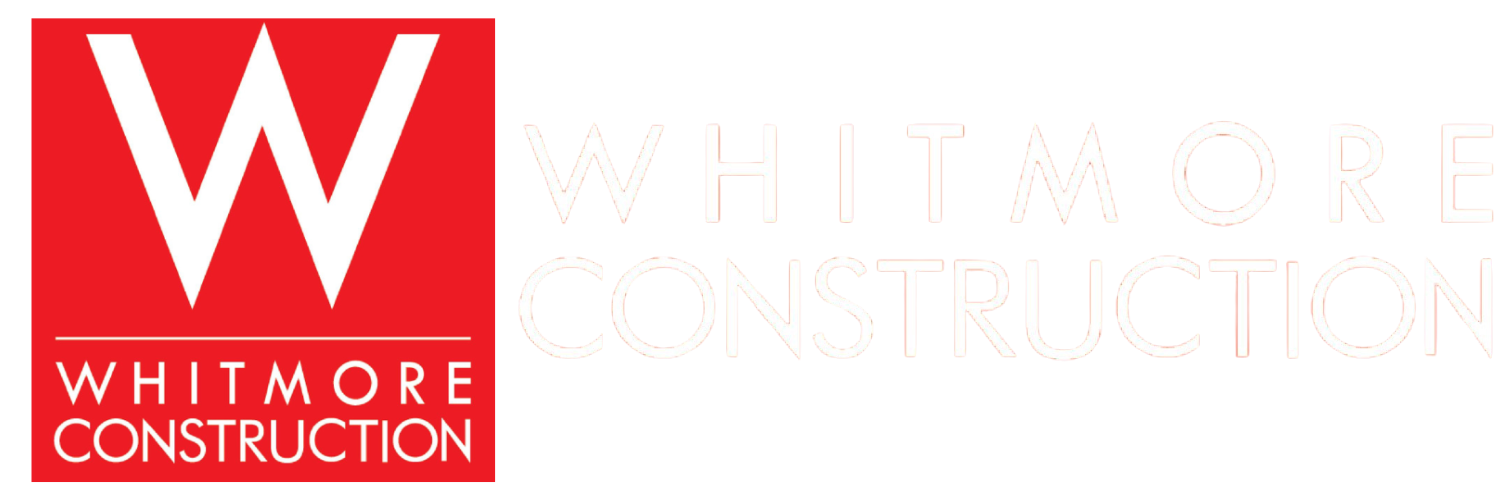 In the ever-evolving landscape of the construction industry, financial solutions play a critical role in ensuring liquidity and fostering growth. One such solution is invoice factoring, particularly when coupled with cash advances. In Dallas, a city known for its booming construction market, understanding these financial tools is essential for businesses aiming to navigate challenges and seize opportunities.
In the ever-evolving landscape of the construction industry, financial solutions play a critical role in ensuring liquidity and fostering growth. One such solution is invoice factoring, particularly when coupled with cash advances. In Dallas, a city known for its booming construction market, understanding these financial tools is essential for businesses aiming to navigate challenges and seize opportunities.
Understanding Invoice Factoring in Construction Industry
Invoice factoring is a financing method that allows construction companies to sell their receivables to a third party at a discount. This process provides immediate cash flow, enabling contractors to pay their workers and purchase materials without waiting for invoice payments from clients.
When a construction company issues an invoice, it often faces a wait of 30 to 90 days for payment. This delay can strain operations and hinder project progress. Invoice factoring alleviates this by converting those invoices into cash upfront, thus bridging the gap between service delivery and payment receipt.
The Basics of Invoice Factoring
The core principle of invoice factoring revolves around selling accounts receivable to a factoring company. The construction business receives an advance on the invoice amount—usually ranging from 70% to 90%—while the factoring company takes on the responsibility of collecting payment from the client.
This financing solution is particularly beneficial in construction, where project timelines can lead to significant cash flow issues. By utilizing invoice factoring, companies can ensure they have the necessary funds to maintain operations and continue taking on new projects.
Why Invoice Factoring is Important for Construction Businesses
For construction companies, effective cash flow management is paramount. Invoice factoring provides several advantages, including improved liquidity and the ability to focus on project execution rather than financial constraints. It allows businesses to invest in new opportunities without the constant worry of delayed payments.
Moreover, this financial solution can enhance a company’s creditworthiness. With more readily available cash, construction firms can pay their suppliers and subcontractors on time, fostering strong relationships and ensuring smoother project operations.
The Role of Cash Advance in Construction
Cash advances, distinct from traditional loans, offer immediate liquidity based on projected future revenue. In the construction sector, these advances can be pivotal for managing unexpected expenses that arise during projects.
Cash advances provide construction companies with the flexibility to mobilize resources quickly, ensuring that projects remain on schedule and budget. This financial tool plays a critical role when construction firms encounter urgent needs, such as equipment repairs or new material purchases.
How Cash Advances Work in Construction
Typically, cash advances are based on future contract revenues. A construction company can request a percentage of its anticipated income from completed work upfront. This is processed quickly, without extensive scrutiny of credit history, making it an accessible option for many firms.
Once the project reaches payment milestones, the advancement is repaid from the incoming funds. This approach aids in maintaining free cash flow while facilitating ongoing operations, thus alleviating financial pressure during crucial project phases.
Benefits of Cash Advances for Construction Projects
The primary benefits of cash advances lie in their speed and flexibility. Construction firms can secure necessary financing without the lengthy application processes typical of traditional banks. As a result, businesses can keep their projects on track without diverting attention to complex financial arrangements.
Additionally, cash advances can be tailored to the specific needs of a project, allowing companies to secure funding that aligns with their operational goals. This adaptability makes cash advances an attractive financing option for contractors facing various challenges at different project stages.
The Intersection of Cash Advance and Invoice Factoring
Invoice factoring and cash advances, when used in tandem, create a powerful financing solution for construction firms. Both methods address the fundamental issue of cash flow, but they do so through different mechanisms.
By leveraging both tools, construction businesses can overcome payment delays associated with invoices while also accessing immediate funds based on anticipated future income. This synergy enables firms to scale their operations effectively and tackle larger projects without the hesitation that often accompanies financial uncertainty.
How Cash Advance and Invoice Factoring Work Together
The combination of cash advances and invoice factoring allows construction firms to streamline their cash flow management. For example, a company could use an advance to cover immediate costs, while relying on factoring to ensure continued liquidity as they close out projects.
Integrating these two financial products can lead to a more robust financial strategy, ensuring that contractors are prepared for both planned and unplanned expenses. The result is a more resilient business model that supports growth in a competitive construction market.
Advantages of Combining Cash Advance and Invoice Factoring
The advantages of utilizing both cash advances and invoice factoring include enhanced operational efficiency and improved financial stability. Firms can navigate their financial landscape more adeptly, alleviating the stress of managing cash flow inconsistencies.
Furthermore, this combination can foster better relationships with suppliers and subcontractors, as timely payments are made possible, creating a cycle of trust and reliability that is crucial in the construction industry.
Navigating Invoice Factoring in Dallas Construction Scene
As the construction industry in Dallas continues to thrive, understanding the local environment is essential for businesses considering invoice factoring. Factors such as market growth, competition, and the regulatory landscape significantly shape financial practices.
Being aware of the trends in Dallas can provide firms with insights into how to effectively leverage factoring services and cash advances tailored to the local market needs.
The State of Construction Industry in Dallas
Dallas has emerged as a formidable hub for construction activities, driven by population growth and an expanding economy. This vibrant landscape offers numerous opportunities for construction firms but also presents challenges in terms of competition and cash flow management.
Understanding the mechanics of the Dallas construction scene is crucial for successfully navigating funding options such as invoice factoring. Firms that can align their financial management strategies with market dynamics stand to gain a competitive edge.
Finding the Right Invoice Factoring Service in Dallas
Choosing the right invoice factoring service involves thorough research. Companies should evaluate potential providers based on their understanding of the construction industry, fee structure, and the ease of the application process.
Establishing a relationship with a factoring service that appreciates the unique challenges faced by construction firms can provide significant long-term benefits. A knowledgeable partner can help contractors navigate their cash flow needs effectively.
Future Trends in Construction Financing
The construction financing landscape is poised for transformation as new technologies and market trends emerge. As firms look to the future, staying ahead of changes in financing options will be crucial for sustainable growth.
Both invoice factoring and cash advances are likely to evolve, with providers offering more transparent and flexible services tailored to the unique needs of construction businesses.
Predicted Changes in Invoice Factoring
As the demand for quicker access to capital grows, invoice factoring will likely become more streamlined. Innovations in technology may reduce paperwork and expedite funding processes, allowing contractors to access necessary cash even faster.
Additionally, we may see an increase in competition among factoring companies, resulting in more favorable terms and pricing for construction businesses seeking to leverage their invoices as a financial resource.
The Future of Cash Advances in Construction Industry
Cash advances are expected to grow in popularity, particularly as more firms recognize the benefits of this type of financing. With an increasing number of projects requiring immediate funding, cash advances offer a timely solution that aligns with the fast-paced nature of the construction industry.
As these financial tools continue to evolve, construction firms will need to stay informed about their options and identify the best financial strategies to support their growth in a dynamic market.
At Whitmore Construction, we understand the importance of maintaining momentum in the fast-paced construction industry. Our comprehensive in-house services, resource balancing arrangements, and expert vendor partnerships ensure that we’re always ready to bring your project to life with a skilled and fully insured team. Whether you’re dealing with aerial or underground construction, our turn-key services are designed to meet all your utility construction needs, backed by a history of thousands of miles of successful installations. If you’re ready to experience a service that exceeds expectations and leverages continuous improvement for your FTTH network deployments or utility relocation projects, Start Now! Let Whitmore Construction help you navigate the complexities of construction financing with our trusted expertise.
